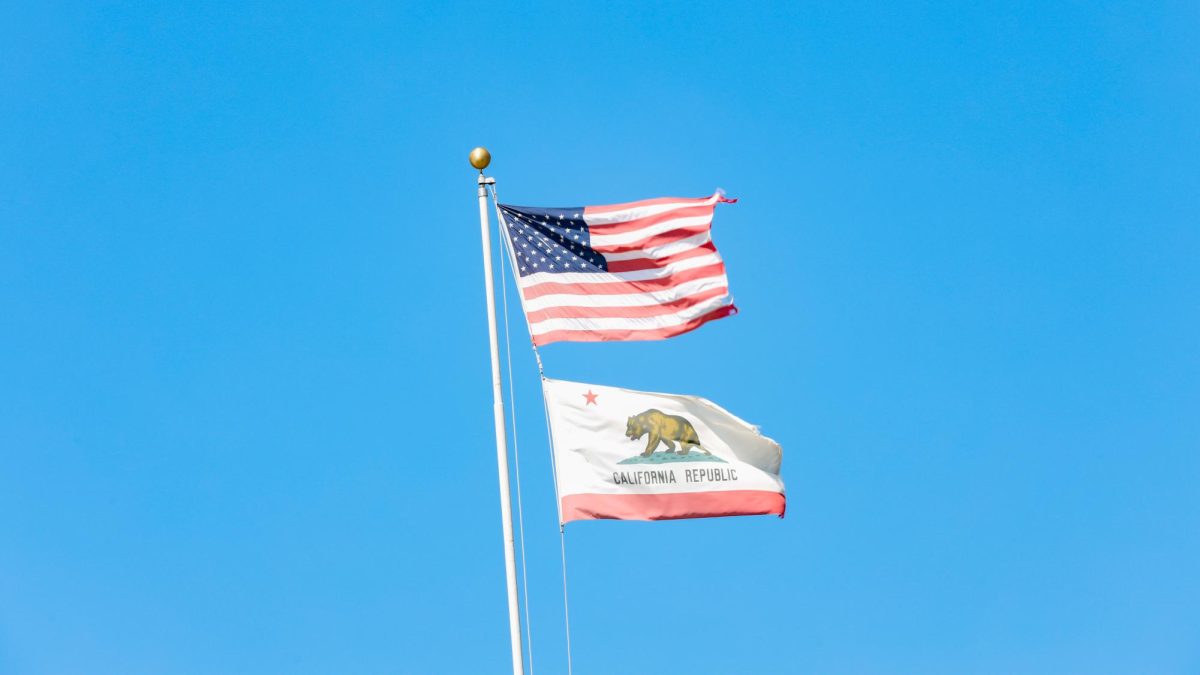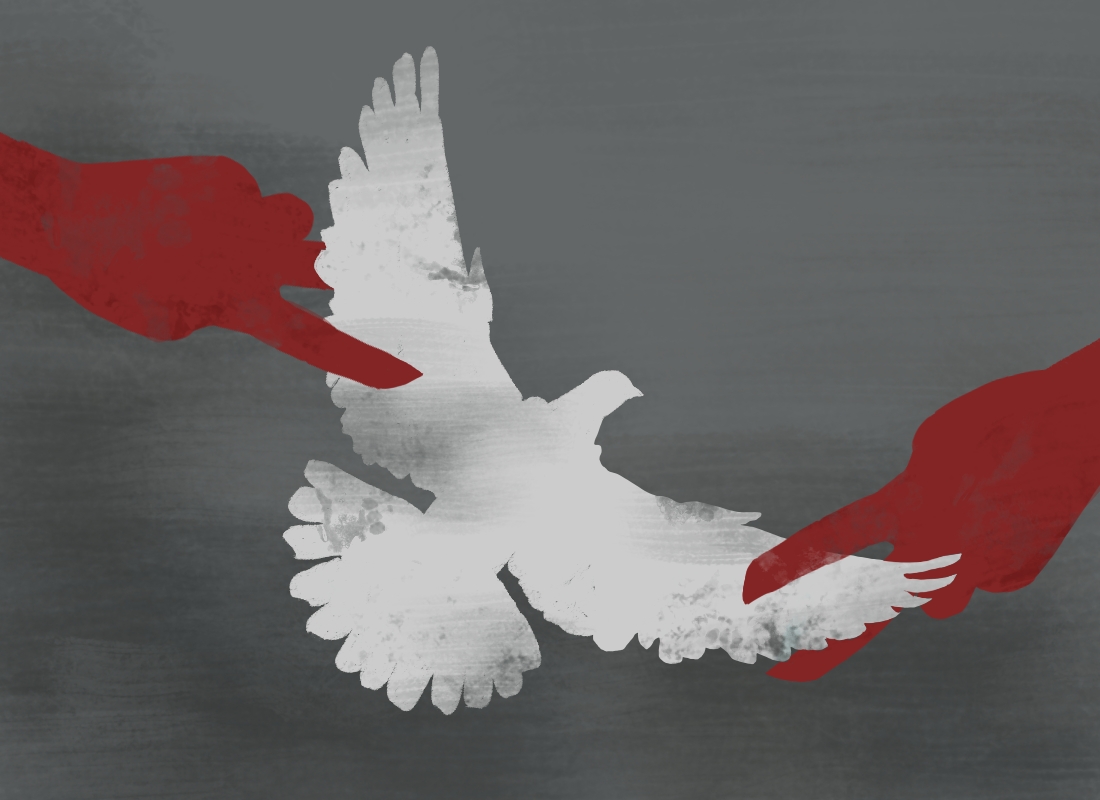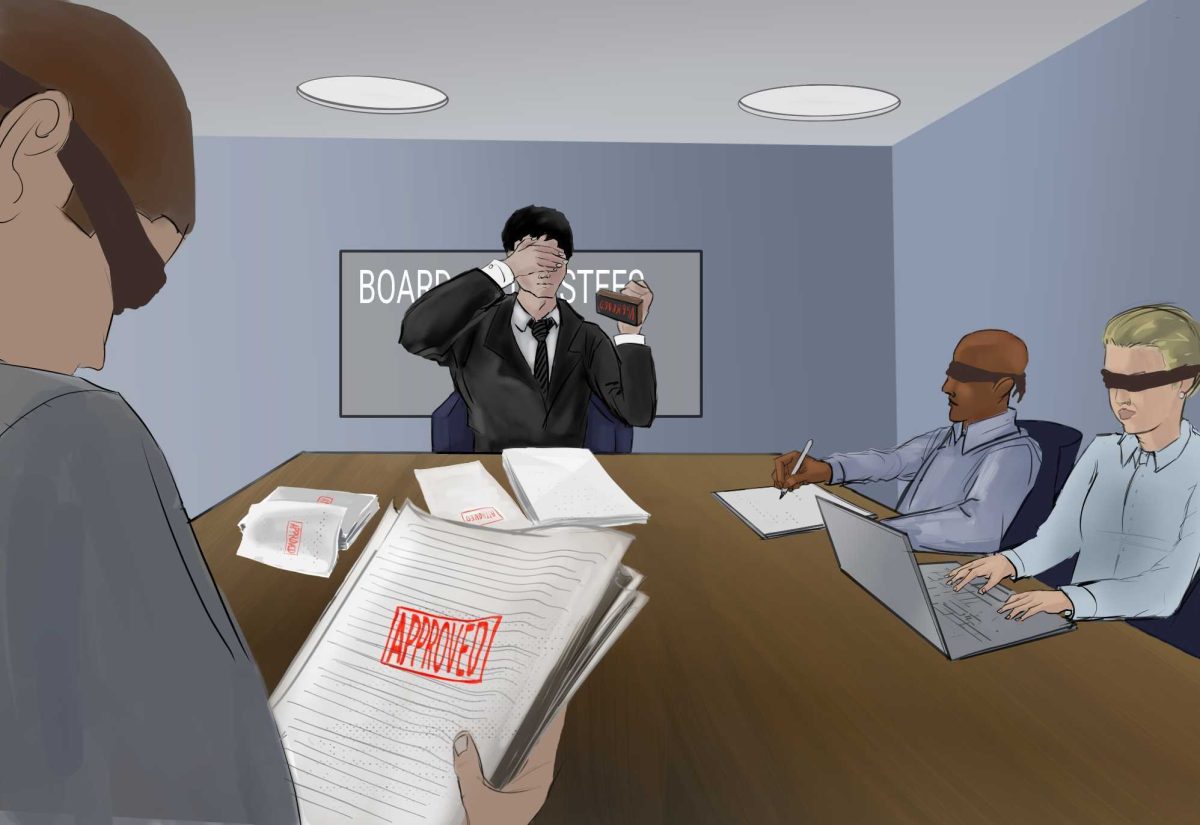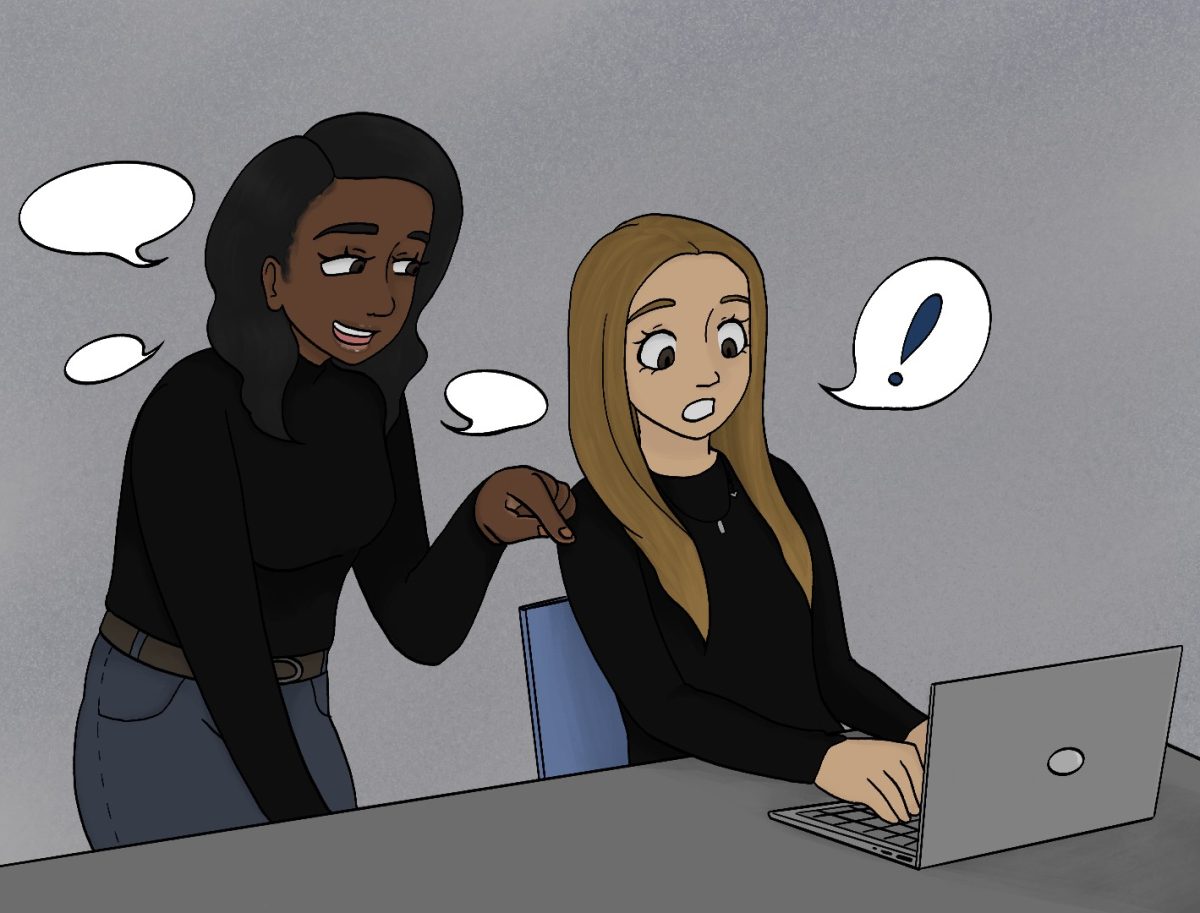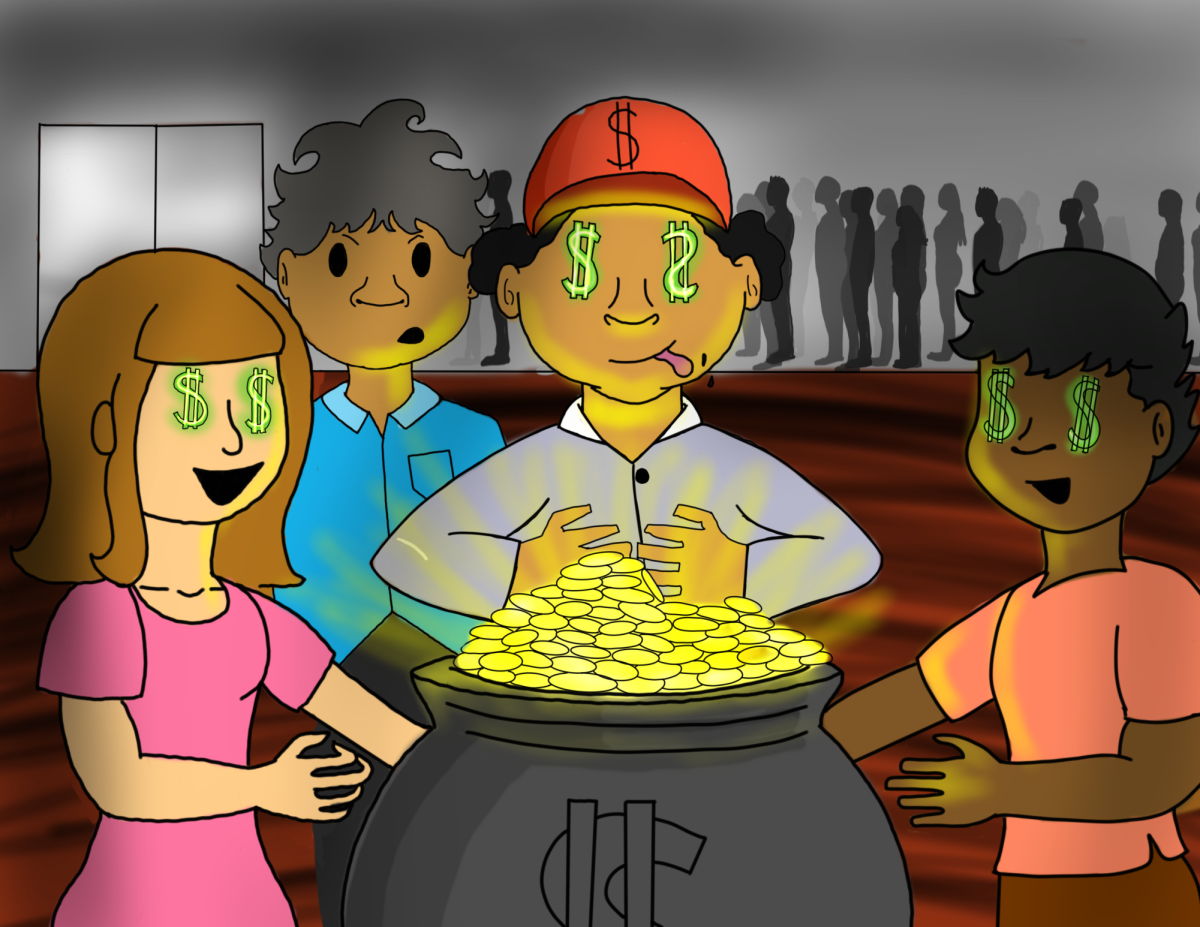This article is part of a dying medium. Printed on inky paper, it is doomed to be brushed aside in favor of the easier to access, easier to ignore, easier to navigate Internet edition.
Yes, newspapers are dying. Subscriptions are down, revenues are down and profits are down. The L.A. Times and New York Times are both in troubled waters and the Christian Science Monitor and Seattle Post-Intelligencer have abandoned their print editions.
There’s a certain sense of loss attached to the idea of a physical edition of a newspaper going out of print and rightfully so.
Newspapers provide America with the invaluable service of information. But not just any information; the information needed to be a competent, productive citizen in this confusing, growing nation and world. Without newspapers, we wouldn’t have been tipped off to Watergate, we wouldn’t know about the illegal wiretappings condoned by the Bush administration, the list goes on and on. So people are freaking out at even the thought of the loss of another reputable newspaper.
Hope may be all we have. Our hope is the most powerful tool mankind has ever created; the Internet. With it, every article ever printed in the last couple of decades could easily be archived online in a searchable database, and it could be free. Blogging, Facebooking and Twittering are all now tools of the trade for most journalists. But that really isn’t enough. The industry must replace the dying print editions of their newspapers with compelling online editions adapted to the changing world of the Internet.
It is not enough to copy and paste printed stories onto the Internet and add a comments box. Some news stories are more appropriate for more experimental content than others, but it’s up to the editors to think of ways to link stories in a meaningful way.
It’s possible that the quality content for online editions of newspapers can be generated en masse. However, the business model is shaky. For too long, newspapers have been created for the advertiser first, reader second.
We may all be capitalists at heart, but this is an essential aspect of our society. The fourth branch of government, as Thomas Jefferson put it. Frankly, it’s too important to be sullied by money.
But, that’s idealism talking. There’s nothing to be done about it. Newspapers need to be profitable, offline and online. The way that it’s been done for the last century is a heavy advertising model which basically pays for the cheap cost of the paper.
Times are changing, and the Internet, especially Web sites like Yahoo! News, as well instant gratification sites like YouTube, have people accustomed to not having to pay a dime for news coverage.
The industry is currently attempting the tried and true advertising profit model on the newspaper Web sites, but advertisers are unwilling to pay nearly as much for ad space, as nearly everyone is unsure as to how effective online advertisements are to begin with.
A hybrid model needs to be built that includes some advertising revenue, some subscription revenue and some pay to read revenue. As long as the content is there, the people shall read. It’s not nearly that simple, but here’s hoping the industry makes it look easy.



